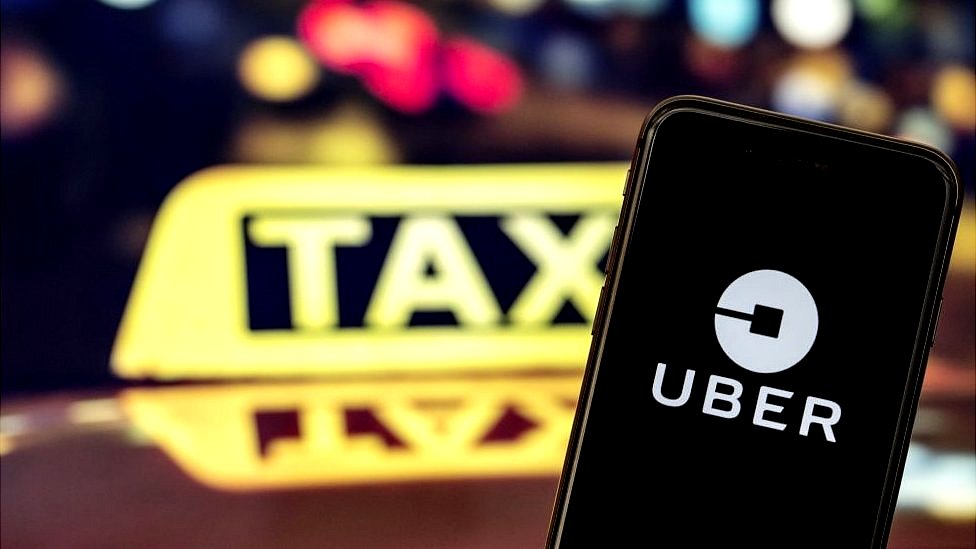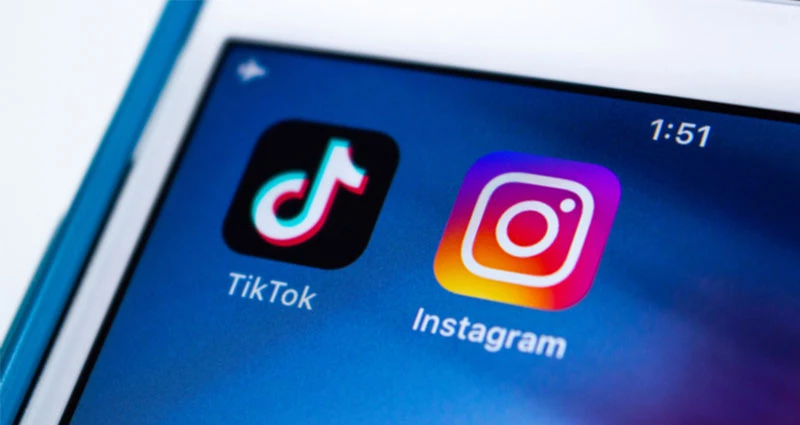Amid the rise of AI some jobs may still remain safe
May 08, 2023 By Awanish Kumar

(Image Credit Google)
Image credit : YouTube (Inventions World)
There have been concerns that new technologies, such as mechanized looms and microchips, may displace people from their employment ever since the beginning of the industrial revolution. The majority of the time, humans have won. The fear is already becoming genuine, according to some experts, as AI becomes more commonplace and some vocations are actually going to be replaced by robots.
According to a Goldman Sachs analysis from March 2023,
content-generating AI might perform one-fourth of the labor currently carried out by humans. According to the estimate, 300 million jobs could be lost due to automation in the US and the European Union combined. According to Martin Ford, author of Rule of the Robots: How Artificial Intelligence Will Transform Everything, this might be quite dangerous.
“It's not just that this would happen to individuals, but it could be pretty systemic,” he says. “It could happen to a lot of people, potentially quite suddenly, potentially all at the same time. And that has implications not just for those individuals, but for the whole economy.”
[caption id="attachment_170032" align="aligncenter" width="800"]
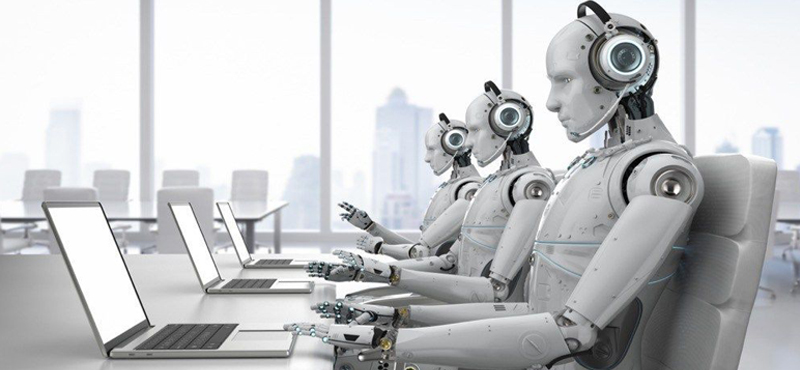
Image credit : Artificial Intelligence Board Of America[/caption]
Fortunately, not all of it is terrible news. The experts' cautions come with the qualification that there are still tasks that AI isn't up to, such as those requiring distinctly human abilities like emotional intelligence and creative problem-solving. And taking on positions that emphasize those talents could reduce your risk of being replaced.
That doesn't always imply that all positions deemed "creative" are risk-free. In fact, jobs in graphic design and other areas of visual arts may be among the first to be automated; using simple algorithms, a bot can analyze millions of photos and rapidly learn aesthetics.
“I think there are generally three categories that are going to be relatively insulated in the foreseeable future,” says Ford. “The first would be jobs that are genuinely creative: you’re not doing formulaic work or just rearranging things, but you're genuinely coming up with new ideas and building something new.”
But there’s some security in other kinds of creativity, says Ford: “in science, and medicine and law … people whose job is coming up with a new legal strategy or business strategy. I think that there's going to continue to be a place there for human beings”.
Jobs requiring complex human ties fall into the second shielded category, he explains. He cites business consultants, nurses, and investigative journalists as examples. These are jobs, he says, “where you need a very deep understanding of people. I think it’ll be a long time before AI has the ability to interact in the kinds of ways that really build relationships”.
[caption id="attachment_170034" align="aligncenter" width="1200"]
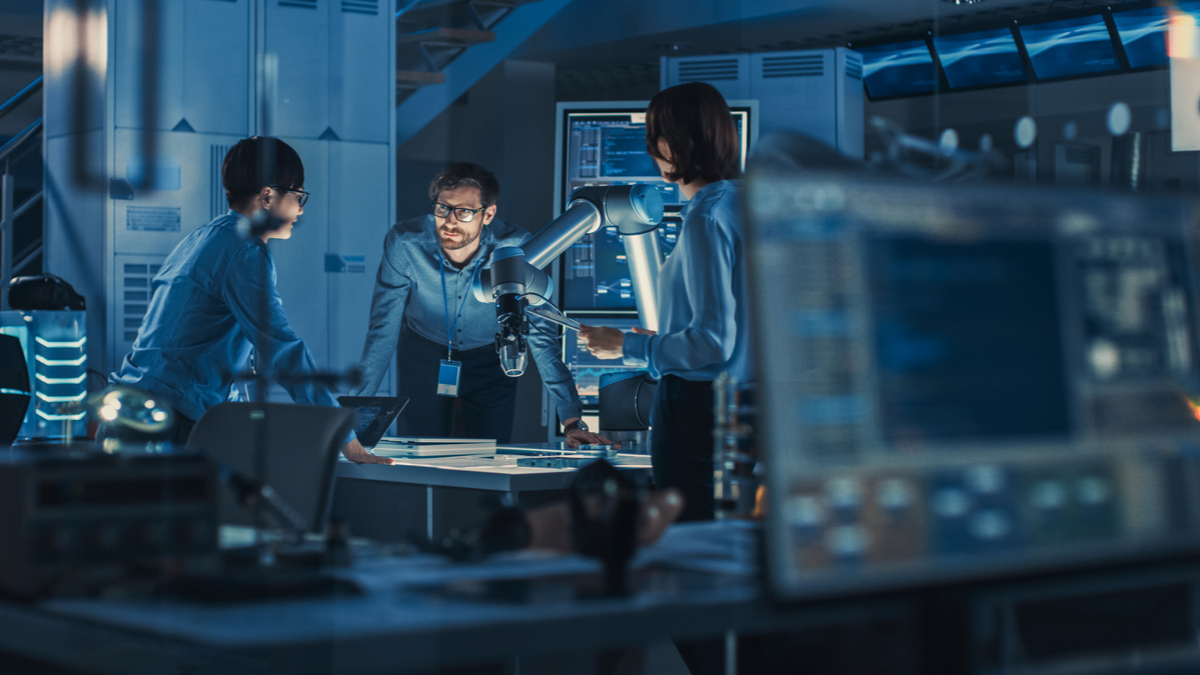
Image credit : Raconteur[/caption]
The third safe zone, says Ford, “are jobs that really require lots of mobility and dexterity and problem-solving ability in unpredictable environments”. Many trade jobs – think electricians, plumbers, welders and the like – fall under this umbrella. “These are the kinds of jobs where you're dealing with a new situation all the time,” he adds. “They are probably the hardest of anything to automate. In order to automate jobs like this, you would need a science fiction robot. You’d need Star Wars’s C-3PO.”
Even if it seems likely that humans will continue to work in those types of positions, it doesn't follow that these occupations are completely safe from the rise of AI. In fact, most occupations, regardless of industry, have elements that are likely to be automated by the technology, according to Joanne Song McLaughlin, associate professor of labor economics at the University of Buffalo in the US.
“In many cases, there’s no immediate threat to jobs,” she says, “but
tasks will change.” Human jobs will become more focused on interpersonal skills, continues Song McLaughlin. “It’s easy to imagine that, for instance, AI will detect cancers way better than humans could. In the future, I’m assuming doctors will use that new technology. But I don’t think the doctor’s whole role will be replaced.”
[caption id="attachment_170036" align="aligncenter" width="1242"]
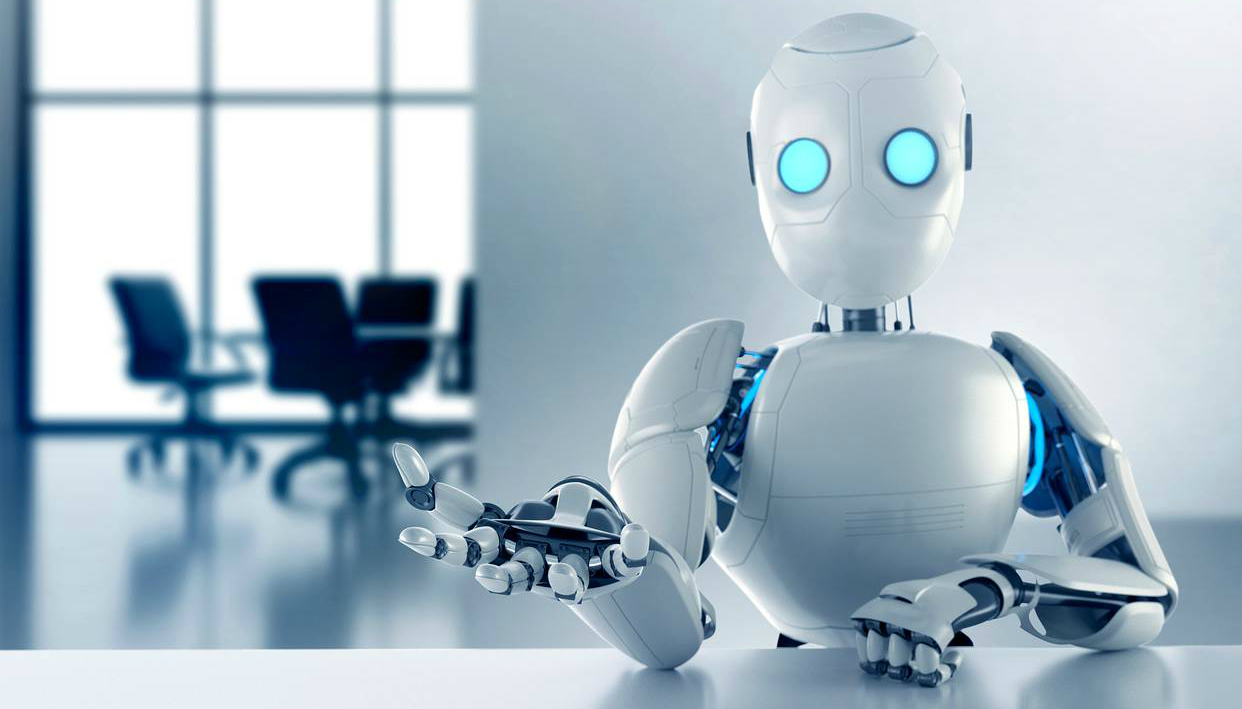
Image credit : Generation Digital[/caption]
She claims that even if a robot may potentially be better at finding cancer, most people will still choose a doctor - a real person - to break the news to them. Since this is true for practically all vocations, she continues, learning to use those uniquely human skills may help individuals learn how to work alongside AI.
“I think it’s smart to really think, ‘what kind of tasks within my job will be replaced, or will be better done by computer or AI? And what's my complementary skill?’” She points to bank tellers, who once had to be very accurate money counters. Now, that task has been automated – but there’s still a place for the teller. “The task of money counting became obsolete because of a machine,” she says. “But now, the tellers are more focused on connecting with customers and introducing new products. The social skill has become more important.”
Also read :
When employment is threatened by artificial intelligence, Bill Gates searches for optimism.
It’s significant to note, says Ford, that an advanced education or a high-paying position is not a defense against AI takeover. “We might think the person in the white-collar job is higher on the food chain than someone who drives a car for a living,” he says. “But the white-collar employee’s future is more threatened by the Uber driver, because we still don’t have self-driving cars, but AI can certainly write reports. In many cases, more educated workers are going to be more threatened than then even the least educated workers. Think of the person that works cleaning hotel rooms – it's really hard to automate that job.”
In other words, an effective method to prevent job loss to AI is to seek employment in dynamic, shifting workplaces with unpredictable duties. At least temporarily.
By Awanish Kumar
I keep abreast of the latest technological developments to bring you unfiltered information about gadgets.


 Image credit : Artificial Intelligence Board Of America[/caption]
Fortunately, not all of it is terrible news. The experts' cautions come with the qualification that there are still tasks that AI isn't up to, such as those requiring distinctly human abilities like emotional intelligence and creative problem-solving. And taking on positions that emphasize those talents could reduce your risk of being replaced.
That doesn't always imply that all positions deemed "creative" are risk-free. In fact, jobs in graphic design and other areas of visual arts may be among the first to be automated; using simple algorithms, a bot can analyze millions of photos and rapidly learn aesthetics.
Image credit : Artificial Intelligence Board Of America[/caption]
Fortunately, not all of it is terrible news. The experts' cautions come with the qualification that there are still tasks that AI isn't up to, such as those requiring distinctly human abilities like emotional intelligence and creative problem-solving. And taking on positions that emphasize those talents could reduce your risk of being replaced.
That doesn't always imply that all positions deemed "creative" are risk-free. In fact, jobs in graphic design and other areas of visual arts may be among the first to be automated; using simple algorithms, a bot can analyze millions of photos and rapidly learn aesthetics.
 Image credit : Raconteur[/caption]
The third safe zone, says Ford, “are jobs that really require lots of mobility and dexterity and problem-solving ability in unpredictable environments”. Many trade jobs – think electricians, plumbers, welders and the like – fall under this umbrella. “These are the kinds of jobs where you're dealing with a new situation all the time,” he adds. “They are probably the hardest of anything to automate. In order to automate jobs like this, you would need a science fiction robot. You’d need Star Wars’s C-3PO.”
Even if it seems likely that humans will continue to work in those types of positions, it doesn't follow that these occupations are completely safe from the rise of AI. In fact, most occupations, regardless of industry, have elements that are likely to be automated by the technology, according to Joanne Song McLaughlin, associate professor of labor economics at the University of Buffalo in the US.
Image credit : Raconteur[/caption]
The third safe zone, says Ford, “are jobs that really require lots of mobility and dexterity and problem-solving ability in unpredictable environments”. Many trade jobs – think electricians, plumbers, welders and the like – fall under this umbrella. “These are the kinds of jobs where you're dealing with a new situation all the time,” he adds. “They are probably the hardest of anything to automate. In order to automate jobs like this, you would need a science fiction robot. You’d need Star Wars’s C-3PO.”
Even if it seems likely that humans will continue to work in those types of positions, it doesn't follow that these occupations are completely safe from the rise of AI. In fact, most occupations, regardless of industry, have elements that are likely to be automated by the technology, according to Joanne Song McLaughlin, associate professor of labor economics at the University of Buffalo in the US.
 Image credit : Generation Digital[/caption]
Image credit : Generation Digital[/caption]


